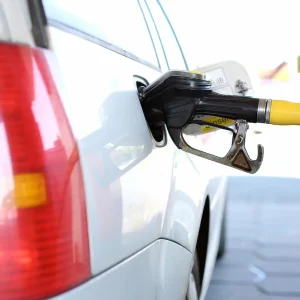Land Rover is developing a prototype version of its Defender off-roader powered by a hydrogen fuel cell.
Testing of the vehicle will begin later this year, with the aim of verifying attributes such as off-road capability and fuel consumption.
Part of Jaguar Land Rover’s plan to achieve zero tailpipe emissions by 2036, the hydrogen project, which the company is calling Project Zeus, is part-funded by the UK Government’s Advanced Propulsion Centre.
JLR says hydrogen vehicles can complement battery EVs on the way to zero emissions, since they offer high energy density and rapid refuelling, with minimal loss of range in low temperatures, which the company says makes the technology idea for larger, longer-range vehicles, or those operated in hot or cold environments.
With Project Zeus, it aims to allow its engineers to understand how a hydrogen powertrain can be optimised to deliver the performance and capability it says is expected by its customers, such as range, refuelling, towing, and off-road ability.
Other partners in Project Zeus include Delta Motorsport, AVL, Marelli Automotive Systems and the UK Battery Industrialisation Centre.
JLR head of hydrogen and fuel cells Ralph Clague said: “We know hydrogen has a role to play in the future powertrain mix across the whole transport industry, and alongside battery electric vehicles, it offers another zero tailpipe emission solution for the specific capabilities and requirements of Jaguar Land Rover’s world class line-up of vehicles.
“The work done alongside our partners in Project Zeus will help us on our journey to become a net zero carbon business by 2039, as we prepare for the next generation of zero tailpipe emissions vehicles.”





